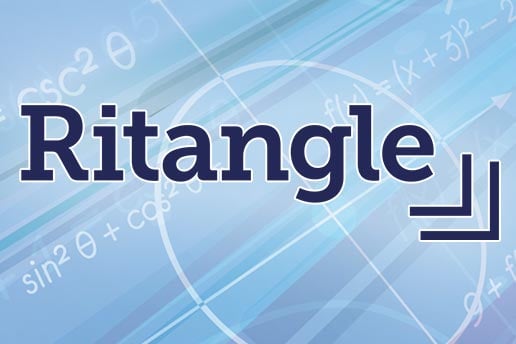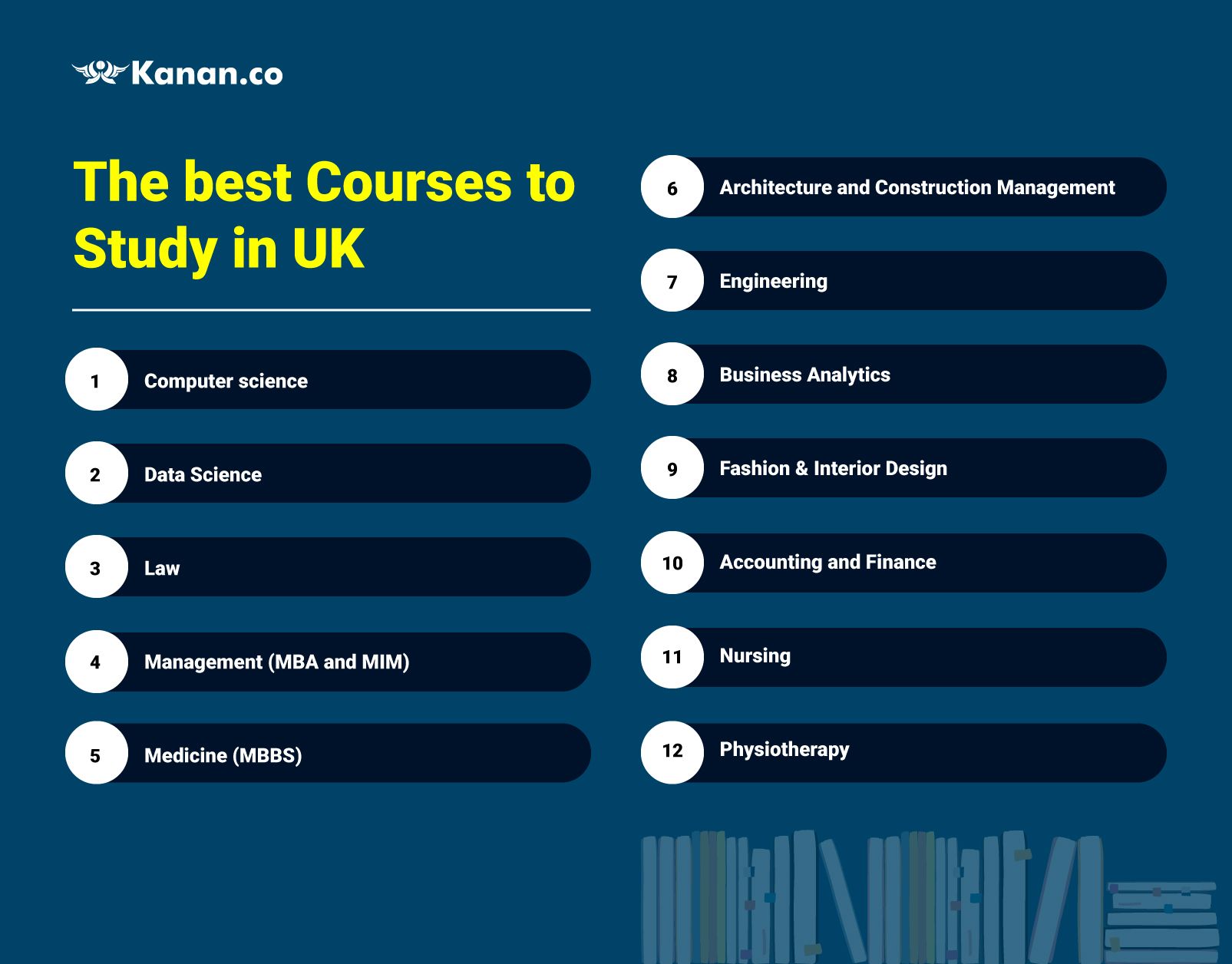
Ritangle is one of the most exciting and challenging mathematics competitions designed for A-level students and their international equivalents. Organised by Mathematics Education Innovation (MEI), Ritangle provides an opportunity for students to test their problem-solving abilities through a series of complex mathematical challenges. The competition encourages logical reasoning, teamwork, and mathematical creativity, making it an ideal platform for students aspiring to study mathematics or related fields at university.
With its unique format and competitive edge, Ritangle stands out among other mathematical contests, helping students refine their skills while competing against some of the best mathematical minds. This article explores everything about Ritangle, including its structure, benefits, question types, and strategies for success.
1. What is Ritangle?
Ritangle is a team-based mathematics competition aimed at students aged 16-19 who are studying A-level Mathematics, Scottish Highers, International Baccalaureate (IB), or equivalent qualifications. It is conducted entirely online and requires participants to solve a sequence of progressively difficult problems.
Key Features of Ritangle:
- Organised by Mathematics Education Innovation (MEI)
- Open to teams from schools and colleges worldwide
- Designed for A-level, IB, and Scottish Higher Mathematics students
- No registration fees, making it accessible to all
- Encourages independent problem-solving and teamwork
2. Detailed Table About Ritangle
| Feature | Details |
|---|---|
| Organiser | Mathematics Education Innovation (MEI) |
| Target Audience | A-Level, IB, Scottish Highers Mathematics students |
| Participation Format | Team-based (no individual participation) |
| Entry Fee | Free of charge |
| Competition Format | Multi-stage problem-solving challenges |
| Duration | Several weeks (typically runs from September to December) |
| Mode of Participation | Online (submissions via the MEI website) |
| Eligibility Criteria | Students aged 16-19 studying an advanced level of mathematics |
| Tools Allowed | Calculators, mathematical software, textbooks (AI assistance prohibited) |
| Types of Questions | Algebra, Geometry, Probability, Statistics, Logic, and Real-World Applications |
| Stages of Competition | 1) Warm-up Questions, 2) Main Challenge, 3) Final Challenge |
| Submission Process | Answers submitted online through a team account |
| Awards & Prizes | Certificates, trophies, and MEI recognition |
| Past Winners | Schools from the UK and internationally |
| Comparison with Other Competitions | More problem-solving focused, team-based approach |
| Preparation Resources | Past questions available on the MEI website |
| Benefits | Enhances problem-solving skills, teamwork, university application advantage |
| Website for Registration | MEI Official Website |
3. The Structure of Ritangle
Ritangle follows a structured timeline that spans over several weeks, allowing students to work through the problems progressively. The competition is typically divided into three phases:
1. Warm-Up Questions:
- Released before the main competition starts
- Helps teams get familiar with the competition format
- Covers fundamental mathematical concepts
2. Main Challenge:
- Problems are released weekly
- Each question builds on the previous ones
- Teams submit answers online
3. Final Challenge:
- The last and most difficult problem
- Requires in-depth mathematical analysis
- The winning team is determined based on accuracy and speed
Teams must ensure they keep up with the timeline, as missing a question can impact their progress.
4. Rules and Eligibility Criteria
To ensure fairness and maintain the competitive spirit, Ritangle has set specific rules and eligibility requirements.
Eligibility:
- Open to students studying A-level Mathematics, IB, or Scottish Highers
- Teams must be formed within schools or colleges
- No individual participation; teams are required
Rules:
- No external help is allowed (teachers, tutors, or online assistance)
- Teams must submit answers before the deadline
- Calculators and mathematical software are permitted, but AI-generated solutions are prohibited
These rules ensure that students rely on their own skills and teamwork to succeed.
5. Types of Questions in Ritangle
Ritangle’s questions cover a variety of mathematical topics, testing students’ knowledge and logical reasoning.
Topics Covered:
- Algebra – Quadratic equations, polynomials, and sequences
- Geometry – Trigonometry, coordinate geometry, and transformations
- Probability and Statistics – Probability distributions, data analysis
- Logic and Puzzles – Logical reasoning and number patterns
Example Question Format:
- Multiple-step problems where each solution contributes to the next step
- Cryptic and puzzle-like questions that require lateral thinking
- Real-world applications of mathematical theories
6. Benefits of Participating in Ritangle
Participating in Ritangle offers numerous academic and personal benefits for students.
Academic Benefits:
- Enhances problem-solving and analytical thinking skills
- Prepares students for university-level mathematics
- Encourages the application of mathematical concepts in real-life situations
Personal and Career Benefits:
- Develops teamwork and collaboration skills
- Looks impressive on university applications and CVs
- Provides a sense of achievement and recognition
Winning or even participating in Ritangle can set students apart in their academic journey, showing their ability to handle complex mathematical challenges.
Conclusion
Ritangle is an exceptional maths competition that challenges students to think critically, work as a team, and solve complex problems. With its unique format and engaging questions, it provides an excellent opportunity for A-level students to enhance their mathematical skills and gain valuable academic recognition.
For students looking to sharpen their mathematical abilities and test themselves in a competitive environment, Ritangle is an opportunity not to be missed. Start preparing, form a team, and take on the challenge!



